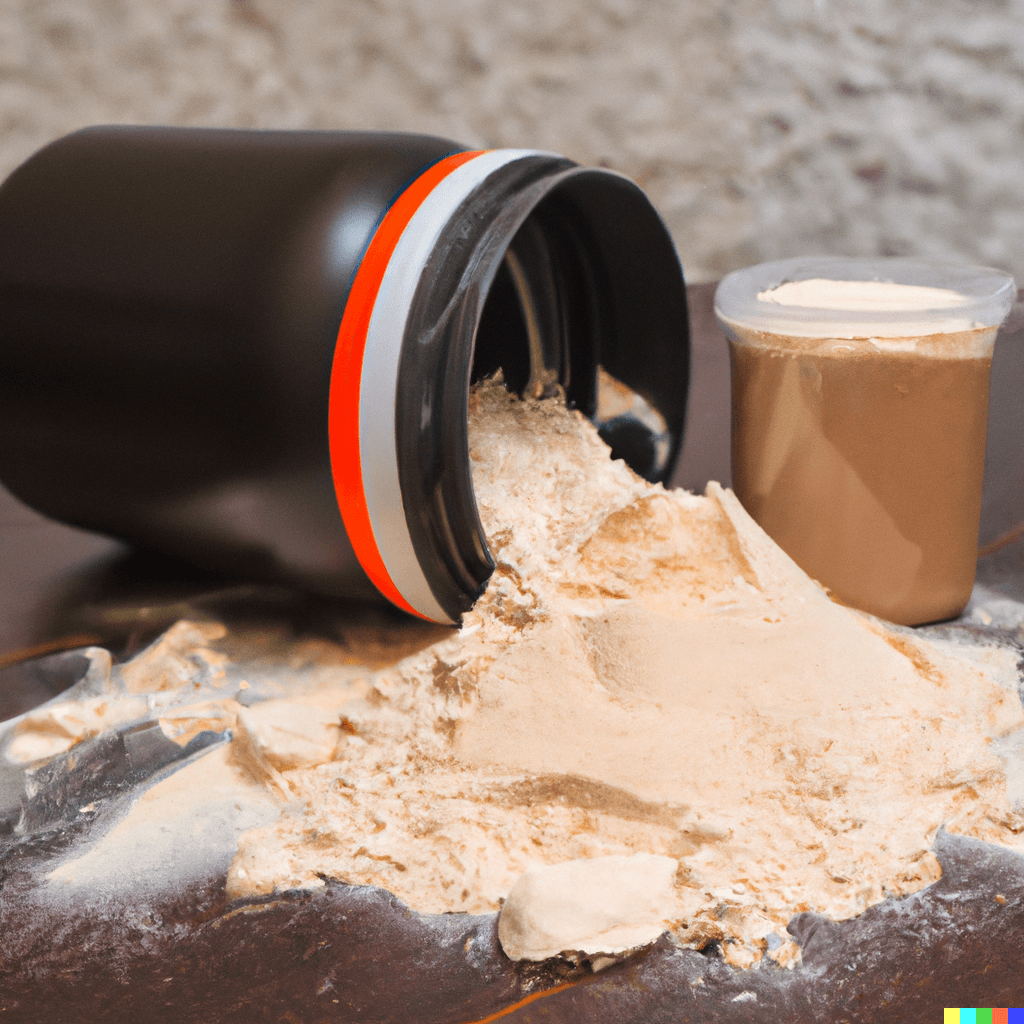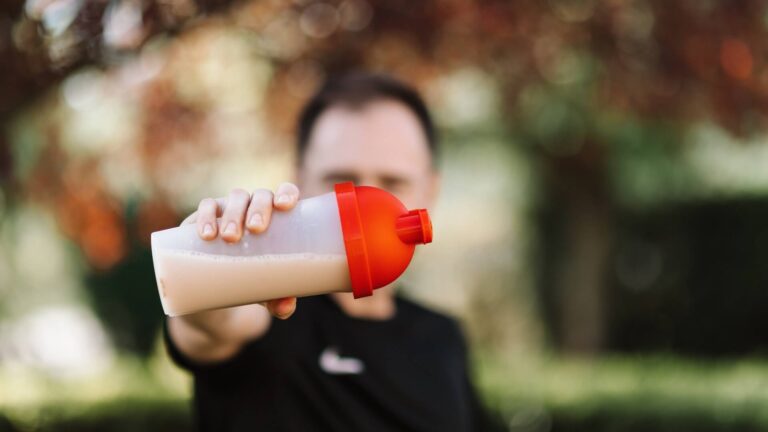Protein supplements powder is a common supplement, and it’s often used by athletes to build muscle mass and improve performance. However, there are some downsides to using protein powder as your only source of protein.
There are far too many varieties to name, each with claims about increasing muscle mass and improving performance.
Some of these brands make claims that they’re better than others, healthier than others, or more effective than others.
Protein powders are considered dietary or protein supplements by the Food and Drug Administration (FDA).
A dietary supplement is a product that contains one or more vitamins, minerals, herbs, or other botanicals (natural ingredients). Supplements can be sold over the counter without a prescription.
The Food and Drug Administration (FDA) regulates supplements because they are considered to be food additives. This means that the FDA must approve each new supplement before it can be sold in the US market. The FDA has strict safety standards for any new products entering this market; if your protein powder doesn’t meet these standards then you shouldn’t eat it!
While protein powders are not regulated by the FDA, other dietary supplements are. The FDA has established guidelines for how these products should be manufactured and labeled. Protein powders do not fall under this category—they’re considered to be dietary supplements instead of food or drugs, so they don’t have to meet certain safety standards before being sold to consumers.
As a result of this difference in regulatory status between protein powders and other types of supplements (like vitamins), there aren’t many rules surrounding their use as medicine—which means you can take them without worrying about getting sick from them!
The protein in foods is digested more slowly than what’s in a shake.
The protein in foods is digested more slowly than what’s in a shake. Protein powder is digested and absorbed faster than protein from food, so it makes sense to use that as your primary source of protein if you’re trying to build muscle.
In addition to being easier on the digestive system, using a shake as a meal replacement will also increase the likelihood that you’ll eat enough calories every day without feeling hungry all the time (which can be especially dangerous if you have an eating disorder).
They can be high in fat, carbohydrates, and calories.
High in fat, carbohydrates, and calories.
Can be high in sugar and sodium, saturated fat and cholestrol.

They’re not all safe for those with kidney or liver disease.
Protein supplements are not regulated by the FDA, so they’re not a substitute for a balanced diet. Some people with kidney or liver disease should consult a physician before taking any supplements.
Protein powder is not regulated by the FDA and can be high in fat, carbohydrates, and calories – which means it could cause weight gain if you don’t limit your intake to 20 grams per day (the recommended amount).
Some protein supplements are super expensive.
Some protein powders are super expensive. This is because they’re made from organic ingredients and come in a fancy bottle, but that doesn’t mean you need to shell out for it! There are cheaper alternatives out there (and if you buy in bulk, your wallet will thank you).
How much protein powder do I need?
It depends on your activity level, weight, and goals. If you’re looking to gain muscle or lose fat, aim for 1-2 scoops per day—but if all you want is extra energy during the day or pre-workout fuel before hitting the gym (or both), then just go with 1 scoop per day instead of 2 scoops. You can also buy larger packages that contain multiple servings at once so they’ll last longer than smaller bottles would have if used daily throughout each day of workouts—but again: this depends entirely on how active/athletic someone is!
Consuming high amounts of protein may lead to dehydration.
Protein powder can be helpful for muscle recovery, but it’s not a substitute for food.
Excess protein intake can lead to dehydration. Drink lots of water if you’re taking protein powder!
Protein powder can be useful but should be used as part of a balanced diet, not as a replacement for food

Protein powders are not a substitute for food. They can be useful, but they should be used as part of a balanced diet, not as a replacement for food.
Protein powders are not regulated by the FDA, so you have no way of knowing what’s in them and whether it’s safe for you to eat them every day (or even every week).
Conclusion
Some protein powders contain artificial sweeteners like aspartame or sucralose that may cause health problems over time—especially if you have kidney disease or liver issues like cirrhosis or hepatitis C—while others may contain allergens such as milk proteins and gluten which could cause allergic reactions in sensitive individuals
Protein supplements are a very useful tool, but they shouldn’t be used in place of the food that provides your body with all the nutrients it needs. If you’re looking for a way to get more protein into your diet or feel like getting some extra muscle definition then consider taking foods that are rich in protein.





I was excited to uncover this great site. I need to to thank you for your time for this particularly wonderful read!! I definitely enjoyed every part of it and I have you book marked to check out new stuff in your web site.